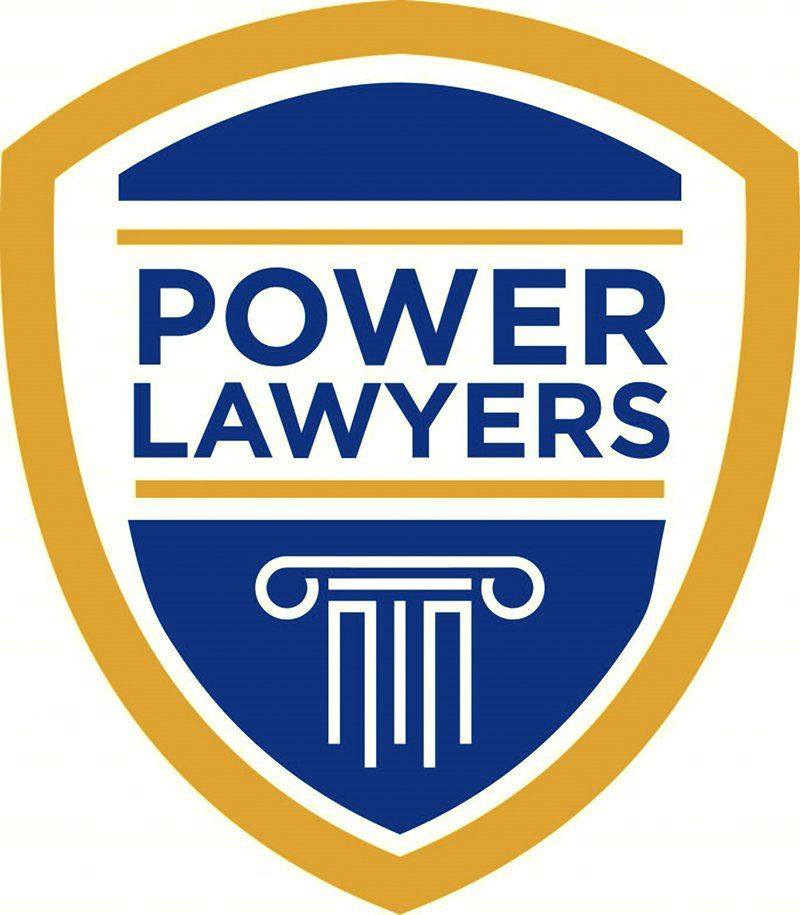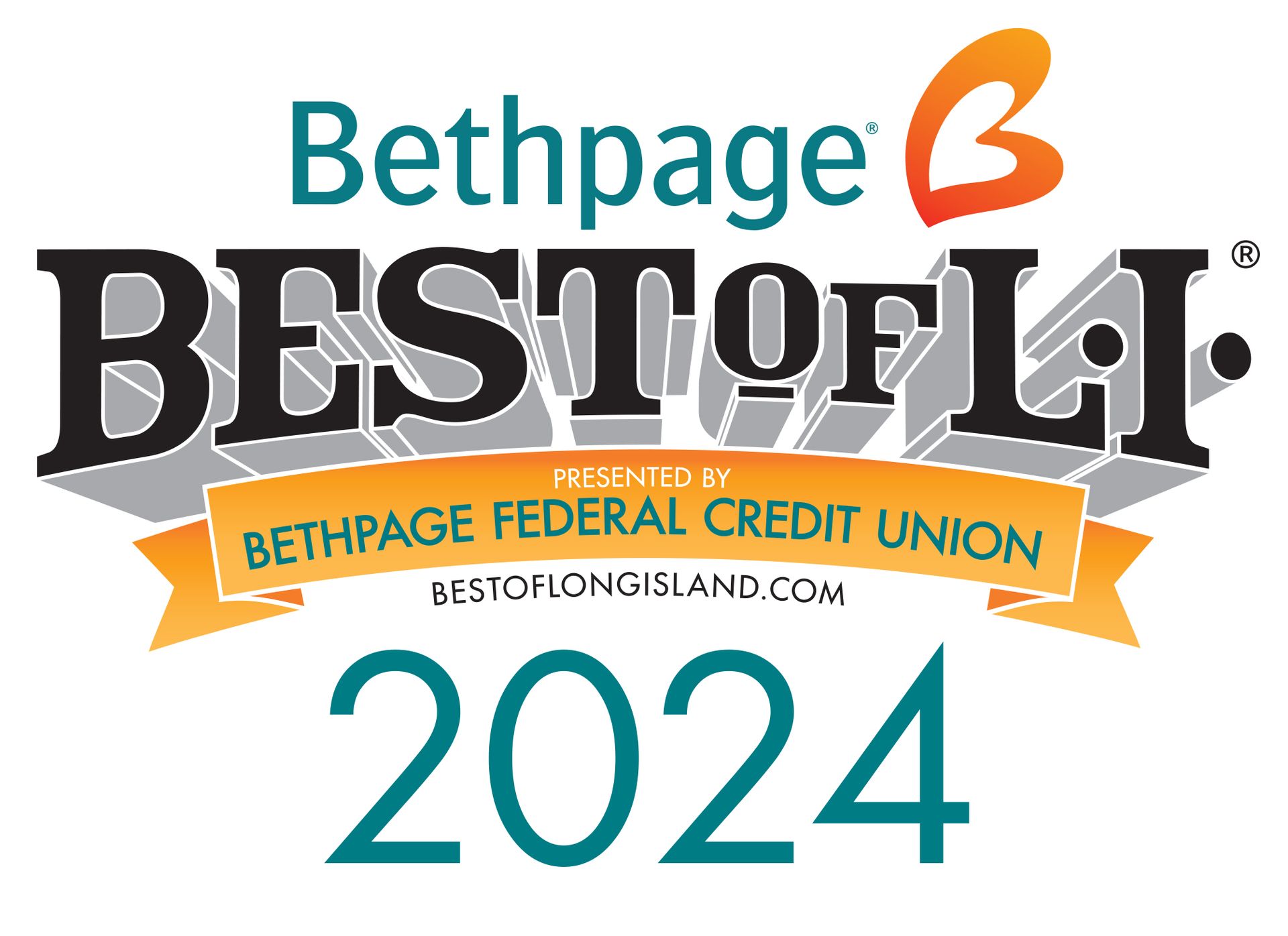200 Broadhollow Road - Suite 207, Melville, NY 11747
North Shore Towers & Country Club, 272-36 Grand Central Parkway, Suite C, Floral Park, NY 11005
Call Us! (516) 263-6544
The “Basics” of Trusts
A simple description of a trust is a set of instructions created by a Grantor on how assets are to be used during lifetime or at death, who has access to the assets, what happens if the Grantor becomes incapacitated, who takes over, and how should the assets be treated.
Revocable Trust – the Grantor/trustmaker maintains complete control and at death the assets avoid expensive and lengthy probate proceedings. Assets are typically placed in a Revocable Trust to plan early and not when a person is in need of long term care anytime soon. The trustee is typically the Grantor and spouse, and the beneficiary during lifetime will be the Grantor and spouse.
Irrevocable Trust or Medicaid Asset Protection Trust (MAPT) – is frequently used in preventative elder or long term care planning to help qualify an individual for Medicaid. In an Irrevocable Trust the assets are locked up and not counted toward Medicaid eligibility once the a look back period ends. If an individual can’t remove the assets, then Medicaid won’t count the assets. The trust will provide instructions regarding who, other than the Grantor, can take assets out of the trust. Lifetime beneficiaries enjoy access to the trust assets during the Grantor’s lifetime, and residual beneficiaries only gain access to trust assets at the death of the Grantor – or at such time as specified by the Grantor.
Grantor – a person who creates a trust. Also referred to as a Settlor or Trustmaker.
Beneficiary – person who holds a beneficial interest in the trust assets. The beneficiaries of a revocable trust are usually the Grantor and spouse. While the beneficiaries of an MAPT will never include the Grantor.
Trustee – an individual who holds legal title to the assets placed in a trust. This person has access to the assets of the trust and distributes the assets from the trust to the appropriate beneficiaries. The Trustee is also responsible for funding the trust, which is when the assets are re-titled from the Grantor to the trust.
Successor Trustee – a trustee who steps in if the acting trustee becomes incapacitated or dies.
Trust Principal – the assets held in the trust from which income may be produced.
Trust Corpus – all of the assets in the trust or the “body” of the trust, which may include real property, bank accounts, life insurance, or other assets.
Intervivos Trust – a trust that is established during the lifetime of the Grantor.
Testamentary Trust – a trust that is created by Will and is only effective upon the death of the Willmaker and then the assets from the probate estate are held according to the terms of the testamentary trust.
Funding – the process of transferring assets from the individual name of the Grantor into the name of the Trustee of the trust.
Trust Protector – an individual who has no beneficial interest in the trust, but who can perform various duties, such as removal of a trustee, amending a trust, correcting a scrivenor’s error, or other legally permitted duties. In a Medicaid Asset Protection Trust, a trust protector can amend a trust if it contains a provision that Medicaid doesn’t approve of.
Medicaid Asset Protection Trust (MAPT) – an irrevocable trust that can be intentionally defective (ie. can pay income to the Grantor) but whose prinicipal is completely unavailable to the Grantor.
Trust Administration – refers to how the trust is managed and administered both during the lifetime of the Grantor and at death. It can include the following: making sure distributions are paid correctly, as per the Grantor; managing trust assets or trust investments; making sure accountings are performed and provided to beneficiaries; and overseeing all aspects of the trust.
CONTACT INFO
Suffolk County Office
200 Broadhollow Road - Suite 207, Melville, NY 11747
North Shore Towers & Country Club
272-36 Grand Central Parkway, Suite C
Floral Park, NY 11005
BUSINESS HOURS
Monday - Friday:
9AM to 6PM
Saturday & Sunday:
Available
RESOURCES
CONTACT INFO
Suffolk County Office
200 Broadhollow Road
Suite 207
Melville, NY 11747
North Shore Towers & Country Club
272-36 Grand Central Parkway, Suite C
Floral Park, NY 11005
BUSINESS HOURS
Monday - Friday: 9AM to 6PM
Saturday & Sunday: Available
CONTACT INFO
Suffolk County Office
200 Broadhollow Road
Suite 207
Melville, NY 11747
North Shore Towers & Country Club
272-36 Grand Central Parkway, Suite C
Floral Park, NY 11005
BUSINESS HOURS
Monday - Friday: 9AM to 6PM
Saturday & Sunday: Available
Law Offices of Lawrence Cohen PC | All Rights Reserved | Privacy Policy & Accessibility | Powered by PS Digital
This website is for informational purposes only and does not provide legal advice. Please do not act or refrain from acting based on anything you read on this site. Using this site or communicating with the Law Offices of Lawrence Cohen PC through this site does not form an attorney/client relationship. This site is legal advertising.






